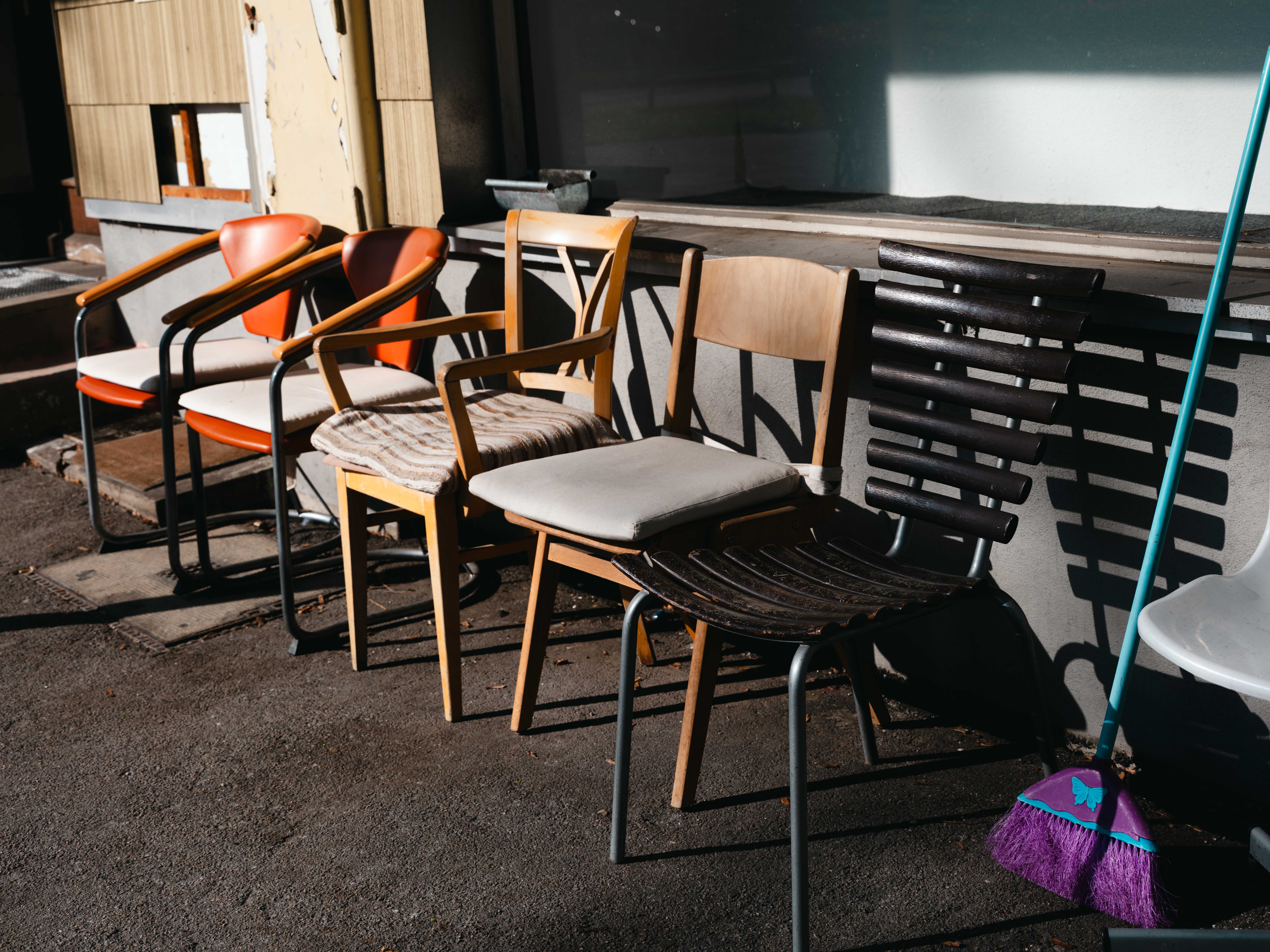An auditorium full of inequality
Big crowds, big questions: Philosophy, economics and sociology meet an attentive audience at the opening of the new Munich Center for Inequality Research ISI.

The large auditorium of Ludwig-Maximilians-Universität is filled to the last place. If you can't get hold of any of the old wooden seats, stand on the wall or get stuck in the door frame. It is a mild October evening, but the air in the hall is tight. Perhaps it is due to the number of people. Perhaps also because of the seriousness of the issue.
LMU is opening its new Center for Inequality Research, the Munich International Stone Center for Inequality Research (ISI). A modest start was actually planned, an academic event in a classic setting. What takes place instead is an evening that gets those present moving. And that is because of the voices that speak here — and because of the questions they ask.
Connected via video is Thomas Piketty, the French economist whose books have sparked debates for years. He talks about the power that gives wealth and the need for political reform. Anyone who talks about justice should not shy away from redistribution, he says. Democracy itself is at stake.
Ingrid Robeyns, philosopher from Utrecht, enters the podium with a calm voice but a clear goal. She presents her concept of limitarianism — the idea that it is ethically and politically justifiable to limit wealth upwards. What would happen, she asks, if we no longer celebrate wealth as a private achievement but see it as a public responsibility?
Charlotte Bartels brings her perspective on Germany. It shows historical data, graphics, curves that all point in one direction: Wealth is concentrated, especially through inheritances. The welfare state balances out a few things, but when it comes to wealth, it is remarkably silent.
Fabian Pfeffer, sociologist, returnee from the USA and founding director of the new center, will guide you through the evening. He doesn't just talk about research, but about attitude. The ISI, he says, should be a place where realistic alternatives are considered. Pfeffer calls them Real utopias: concrete visions of a fairer society, based on data, supported by science, open to the public.
The evening ends without pauses of applause, but with reverberations. Students, professors, and guests from politics and media are discussing on the corridor. No one seems to be leaving, no one is talking about the buffet wine.
Because the evening shows that inequality is not an abstract concept. It affects daily life, it decides on education, health, housing and dignity. And above all — it can be designed.
Perhaps that is the real message of this opening. That we need places like ISI that ask questions where others provide answers. Enduring the restlessness where others want to calm down. And they show that hope does not lie in promising quick solutions, but in the joint search for fairer paths.
On this evening, in any case, it seems as though this search has only just begun.
%20(1)%20(2).jpg)
%20(1).jpg)
